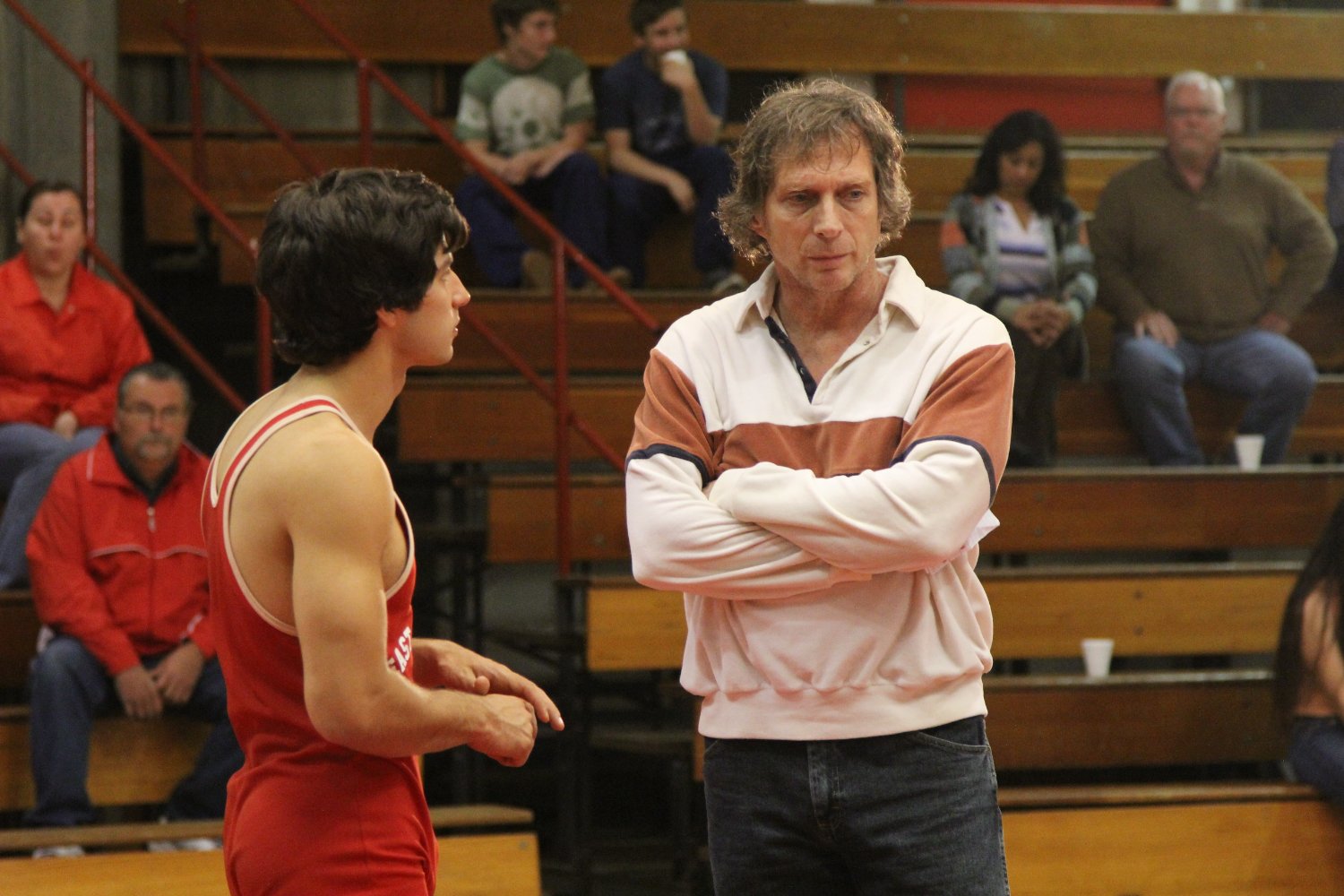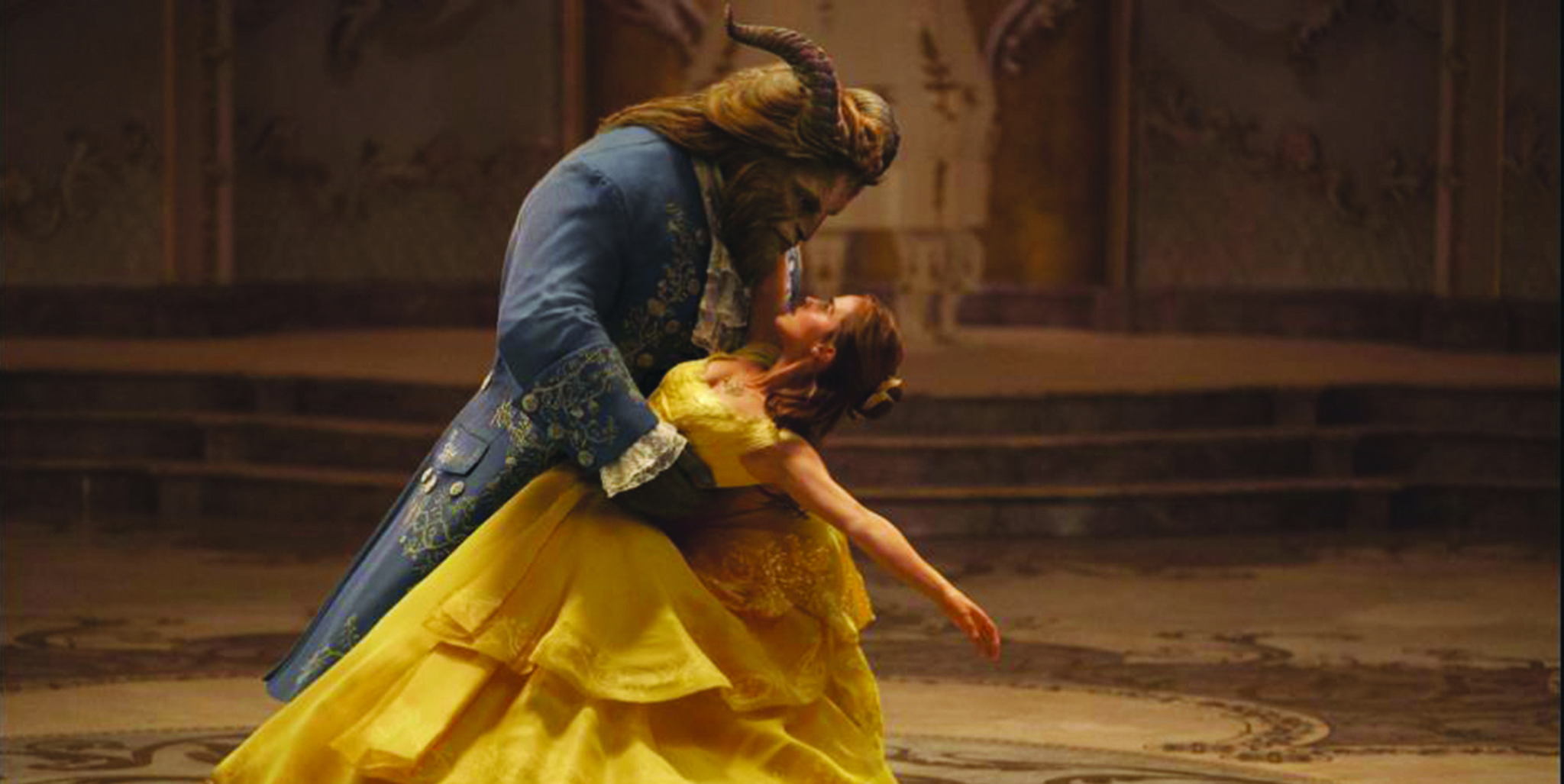By David Templeton
“Wrestling is tough, but you have to commit,” says Ali Afshar, former high school wrestler and longtime competitive motorsports enthusiast. “Win or lose, you have to give it your all. There’s no one to blame if you lose. If you lose, you take that on yourself and you learn from it—so the next time, you win.”
That idea is at the heart of American Wrestler: The Wizard, the multiple-award-winning film that Afshar produced and plays a key role in. After two years on the film festival circuit, and a special one-weekend “event” screening earlier this month, American Wrestler is being released in Blu-ray and video-on-demand this week. The film, based on Afshar’s experiences growing up in Petaluma, California as an Iranian immigrant during and after the Iran Hostage Crisis, was shot on location in many of the spots where the original events took place.
“In high school, I was too small to play football, so that’s why I got into wrestling,” Afshar says. “I was good at it. I made the varsity team in my freshman year. Wrestling taught me a lot of lessons I’ve kept through life.”
Afshar has appeared as an actor in numerous films and television shows over the years. He played the character of Grease in the popular television show Saved by the Bell, and went on to appear in such films as The Siege, with Denzel Washington, and Three Kings, with George Clooney. Several years ago, Afshar founded EFX Entertainment, and began producing films—many of which he’s made in and around Petaluma.
Until now, most of the films Afshar has produced (The Dog Lover and Running Wild) have been fictional. American Wrestler—written by Brian Rudnick and directed by Alex Ranarivelo—is the most autobiographical story that he’s brought to the screen. Set in 1980, the film opens in post-revolution Iran, with a harrowing escape to America by young Ali (George Kosturos), then segues into the type of fish-out-of-water coming-of-age tale.
Petaluma, named as such in the film, was not a friendly place for Iranians in the late ’70s and early ’80s, and Afshar faces his fair share of prejudice and suspicion as the Iranian kid at East Petaluma High School. The school’s tough-as-nails principal (Jon Voight, doing what he does best) is not interested in coddling or protecting the newcomer, and the PTSD-suffering wrestling coach (William Fichtner) isn’t exactly welcoming when Afshar shows up to try out for the wrestling team.
There are twists and turns, setbacks, successes, failures and surprises. The attention to detail and sense of realism carried by the story puts American Wrestler alongside the best of the genre.
“I like taking difficult situations and putting a positive spin on them, showing how a loss can be turned into a win,” Afshar says. “That’s what American Wrestler is all about. It starts out a little tough, because that’s how it was for me and my brothers.”
That said, Afshar admits that the film—originally shot in 2015—has taken on a new level of timeliness, given the recent rise in anti-Muslim sentiment in the country, exacerbated by the recent attempts by the current Washington administration to impose a ban on several Muslim countries, including Iran.
“It’s a good message for right now, isn’t it?” Afshar says. “People are talking about some of these same issues again, in a whole new way. The movie, though fictionalized, is a combination of all of my family members’ stories of coming to America. Anyone coming from Iran at that time would be familiar with what we show in this film.
“But ultimately,” he adds, “we wanted to put a positive spin on it. Because it wasn’t all bad. Good things came from what we all went through, eventually. All of the hardship and prejudice I experienced really did make me work harder, try harder, fight harder. There are a lot of bullies in this world, and they always find the misfits, the kids who are targeted for being small, for being foreign, for being gay, for being shy.”
“Everybody loves an underdog,” Afshar continues, “because at one time or another, all of us have felt like the underdog. It’s a universal condition, which is why movies about people struggling to succeed, and finally doing it, will always be important.”









